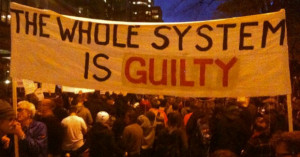‘March Of Millions’ In Sudan Revives Spirit Of December Revolution
Demanding a full transfer of state power from military to civilian authority, millions of pro-democracy protesters took to the streets in a show of force in cities and towns across Sudan on Thursday, October 21.
“The rallies and marches went on for kilometers long,” said Osman Saeed Abu Kumbal, a member of the Sudanese Communist Party (SCP) who took part in the protest in Omdurman, the twin city of capital Khartoum.
Some protesters in Omdurman were injured when the riot police intermittently fired rubber bullets and even live ammunition as the rally marched towards the parliament building, which has remained unused for years as there is no functioning legislature in the country.
Originally, a single demonstration had been planned for the entire Khartoum state – which consists of Khartoum, Khartoum North and Omdurman.















